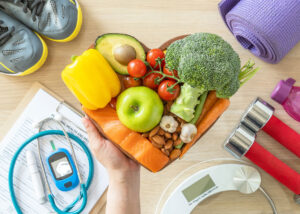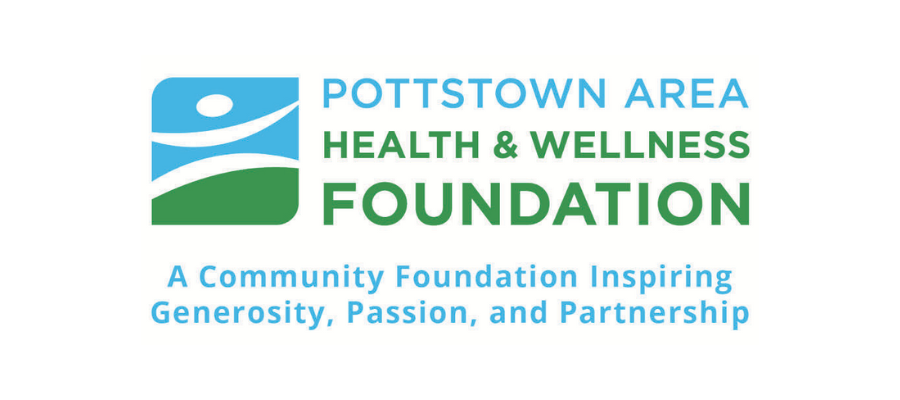Cool Tips for Heart Health
Heart disease and stroke are the leading causes of death in the United States. Every 40 seconds, an American has a stroke, often with harsh consequences on functionality and the lives of their loved ones. Pottstown Health and Wellness Foundation shares safety tips to ensure your cardiovascular health remains at its best—especially during the summer heat.
Your Heart in the Heat

The benefits of spending time outdoors are extensive. However, hot, humid temperatures can dangerously strain even healthy hearts. Heat causes the heart to beat faster while circulating twice as much blood per minute than during cooler weather. The demand stresses this organ and muscle, which already works tirelessly for us.
Those with a heart condition should be aware that heart medication can exacerbate the body’s response to hot weather, putting you at higher risk for heat-related sickness. Check with your physician or pharmacist to learn if your medications react to heat and sun.
Allow yourself to enjoy time among nature but look for shaded areas during the hottest part of the day (between noon and 3:00pm). Avoid exertion during this time and stay hydrated. Visit a local hiking trail for a tree-sheltered walk. If going for a run or working in the garden, consider having a buddy join you for company. You can monitor each other on really hot days. Be alert for signs of heat illness: headache, dizziness, light-headedness, weakness, and nausea.
Practice Healthy Habits
Schedule well visits with your doctor. Prevention is the best medicine, for all diseases. Keep track of important numbers like your blood pressure, cholesterol, and triglycerides. It is helpful to know your baseline. To find a local physician, regardless of finances or healthcare plan, visit Community Health and Dental Care. Schedule a check-up today.
A lifestyle focused on fitness, good nutrition, and mental health can reduce risk factors for cardiovascular disease, even in those who are genetically predisposed.
Exercise:
The American Heart Association recommends adults and children manage 150 minutes of heart-pumping physical activity each week. Not there yet? Take small steps (literally) and work your way up. Start by sitting less!
Eat Well:
Eating healthy does not have to be expensive. For heart health, focus on fiber and reduce intake of fatty meats, high-fat dairy products, and high-sodium foods. Shop Pottstown FARM for seasonally fresh produce and eat until your heart is content. (Treat yourself to a handcrafted artisan gift while there!)
WebMD recommends these top heart-healthy picks:
- Beans
- Salmon and tuna (and other fish rich in omega-3s)
- Walnuts and almonds
- Edamame
- Sweet potatoes
- Oranges
- Dark leafy greens and berries
- Fresh herbs to replace salt and olive oil to replace butter/margarine
Reduce Stress:
Find an outlet to release stress. Try burning it off with exercise, along with any unwanted calories. Practice yoga, meditation, deep breathing, or journaling. Escape with a favorite show or book.
If you struggle with anger or suffer from chronic stress, consult a professional healthcare provider. A happy heart works best.
Act FAST for Stroke
If you fear stroke, time is critical to reduce brain cell damage and also deliver life-saving treatment. Remember this simple acronym: FAST.
Face: Ask the person to smile. Does one side of the face droop?
Arms: Ask the person to raise both arms. Does one arm drift downward?
Speech: Ask the person to repeat a simple phrase. Is his/her speech slurred?
Time: Act fast. If you observe any of these symptoms, immediately call 911. Note the time to help determine treatment.
As with heart attack, women’s stroke symptoms may be unique or vague. Never hesitate to seek medical attention.
Dial 911 or visit your nearest hospital emergency department. It could save a life.
Sources
